Postcolonial Imagination and Moral Representations in
African Literature and Culture
Postcolonial Imagination and Moral Representations in
African Literature and Culture
Chielozona Eze
LEXINGTON BOOKS
Lanham Boulder New York Toronto Plymouth, UK
Published by Lexington Books
A wholly owned subsidiary of The Rowman & Littlefield Publishing Group, Inc.
4501 Forbes Boulevard, Suite 200, Lanham, Maryland 20706
www.lexingtonbooks.com
Estover Road, Plymouth PL6 7PY, United Kingdom
Copyright 2011 by Lexington Books
All rights reserved. No part of this book may be reproduced in any form or by any electronic or mechanical means, including information storage and retrieval systems, without written permission from the publisher, except by a reviewer who may quote passages in a review.
British Library Cataloguing in Publication Information Available
Library of Congress Cataloging-in-Publication Data
Eze, Chielozona.
Postcolonial Imagination and Moral Representations in African Literature and Culture / Chielozona Eze.
p. cm.
Includes bibliographical references and index.
ISBN 978-0-7391-4506-7 (cloth : alk. paper) ISBN 978-0-7391-4508-1 (ebook)
1. African literature20th centuryHistory and criticism. 2. African literature21st centuryHistory and criticism. 3. PostcolonialismAfrica. 4. Postcolonialism in literature. 5. Ethics in literature. 6. AfricaIntellectual life20th century. 7. AfricaIntellectual life21st century. I. Title.
PL8010.E99 2012
809.896dc23
2011036065

The paper used in this publication meets the minimum requirements of American National Standard for Information Sciences Permanence of Paper for Printed Library Materials, ANSI/NISO Z39.48-1992.
Printed in the United States of America
Contents
Acknowledgments
Introduction: Postcolonial Imagination and Moral RepresentationsAfrica in Discourse and Culture
| 1 | Postcolonial States of Injury and Moral Imaginations |
| 2 | The Moral Reinvention of Africa |
| 3 | Things Fall Apart and the Invention of African Culture |
| 4 | The Pitfalls of African Feminism |
| 5 | Robert Mugabe and the Symbolic Power of History |
| 6 | Frantz Fanon and the Search for New Discourse Paradigms |
| 7 | Wole Soyinka and the Moral Foundations of Community |
| 8 | Literature and the Task of Increasing the Sum Total of Humanity |
Bibliography
Index
About the Author
Acknowledgments
This book began as an attempt to answer some of the questions that arose during the Global Seminars at the UCLA 2004/2005 Global Fellowship. I thank the Regents of the University of California for the global fellowship that allowed me a year of research and exchange of ideas with other scholars. I thank especially professor Francoise Lionnet for her guidance during my stay at the UCLA. I am immensely grateful to Maik Nwosu, Moses Ebe Ochonu, and Sanya Osha for their invaluable critiques of some of the chapters in this book. My greatest gratitude is due to Maria Chlouba-Pawlik, for being a friend.
Introduction: Postcolonial Imagination and Moral RepresentationsAfrica in Discourse and Culture
In most cases the debates devolved into name-calling from the trio that suggested that those who did not adopt their understanding of African culture were practically working in the interest of white colonizers of Africa. Much of African discourse, specifically, the Anglophone African intellectual culture has not quite recovered since then.
The thought behind the rebranding frenzy was obviously fed by the perception that Nigeria was ugly not because of the near absence of modern infrastructures such as good roads, electricity, potable water, or even good governance, but because the Western media have woven a single negative story about the country.
The guilt-driven discourse in Africa, as in every other continent, hinders the individual from assuming some moral responsibility for the ills of his worlds; and against this background, social or political dysfunction becomes a self-sustaining system that feeds off of its reluctance to admit incompleteness and insufficiency. Besides preventing one from taking an active part in making whole his dysfunctional world, the feeling of being the victim of history generally blunts the human capacity to empathize with the other, to imaginatively reenact the others pain, and this is because the victim already feels that the world has spun a web of conspiracy around him. Any burst of anger or violence towards any person, institution, object or history is already justified a priori . Unfortunately though, the victims neighbors and relatives or compatriots often bear the brunt of his incapacity to empathize and to focus on specific issues and problems facing their world. The self-proclaimed victim of history sees the world only in his image and likeness; all those who fail to do the same invariably become his enemy, or they are thought to sympathize with his enemy. There is therefore an acute deficit of empathy among the elites of most African societies, owing to peoples unconscious need to take out their vengeance, for some putative wound in the soul, on others.
Africas dysfunction owes some of its explanation to the simplistic moral representations of the African postcolonial world, representations that shape-shift from the assumption that all is well with African culture to the feeling that even if all is not well with the African world it is not Africas fault; it is the fault of the colonial masters. By moral representation I mean how people judge the world, the fundamental disposition within individuals and societies that allows them to differentiate between good and bad, acceptable and unacceptable conducts or views. Moral representation also means how the existing ethical codes of conduct in a given society are dramatized, or made to stand for far-reaching values. I contend that Africas postcolonial dispositions have skewered the dominant African judgment of the world, and shelved it in clean oppositionary categories to the West. In some instances, and in some minds, what is African and therefore acceptable is what is fundamentally against the West, and therefore unacceptable. Given this new moral order, African elite failed to cultivate African humanity in the face of the new dispensation that has effectively neutered all traditional guardians of morality, law and order.
Shocked by the conquest by the West, and humiliated by the apparent weakness of their culture, African leaders (and the African Diaspora), allowed their response to be dominated by a firefighter instinct to save the world under attack. The response, however, morphed in most thinkers such as Edward Wilmot Blyden, Leopold Sedar Senghor and others, into justifications of the African frail world, a defense on the one hand, and on the other an attempt to discredit the validity of Western culture by suggesting its moral deficiency. Africas experience with colonialism left trails of disappointment and bitterness, and hollow apologies, which, with time, brewed into fierce accusations, cleanly embedded in terms and concepts associated with Western oppression such as colonialism, neocolonialism, neoimperialism and capitalism, Europe, the West, white man, and so on. These concepts have, in the course of time, assumed a powerful symbolic status that operates on purely affective plane in the African discourse world. They are symbolic in the sense that they already embody all the historical wrongs visited on the African body. One therefore, does not need to enumerate all those wrongs; one merely needs to squeeze in any of these words or concepts in a discourse. The concepts are accusatory and condemnatory on the one hand, and on the other, exculpatory and justificatory; they accuse and condemn the historical oppressor, the white man, while justifying and absolving the oppressed, the African.

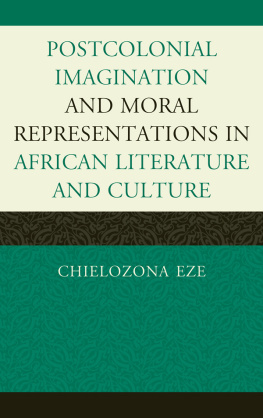
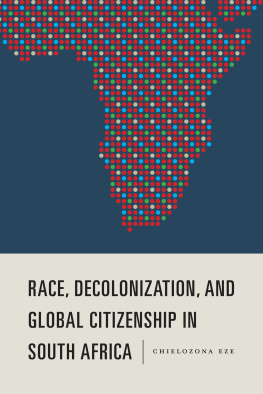

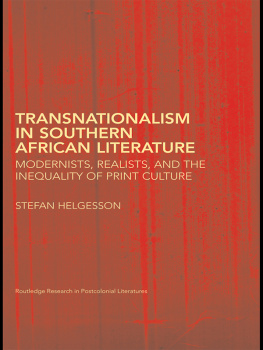
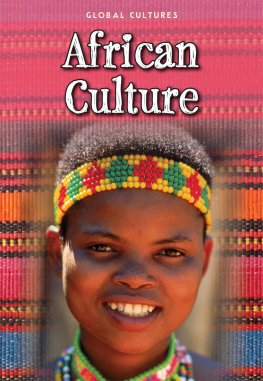
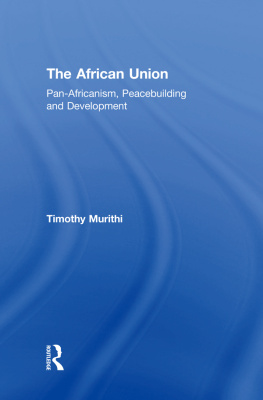

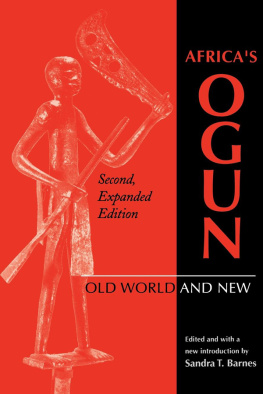
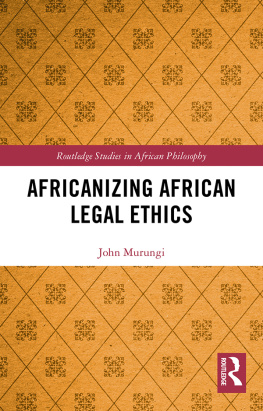
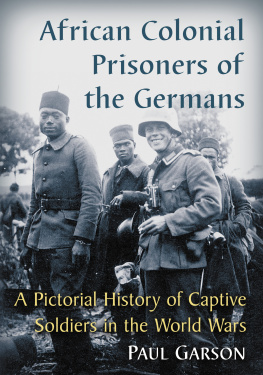
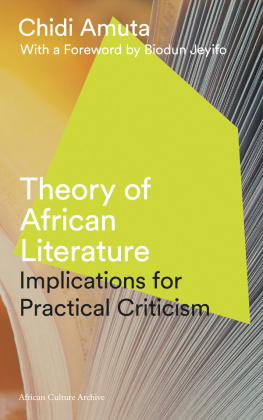
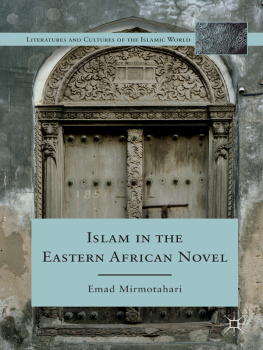
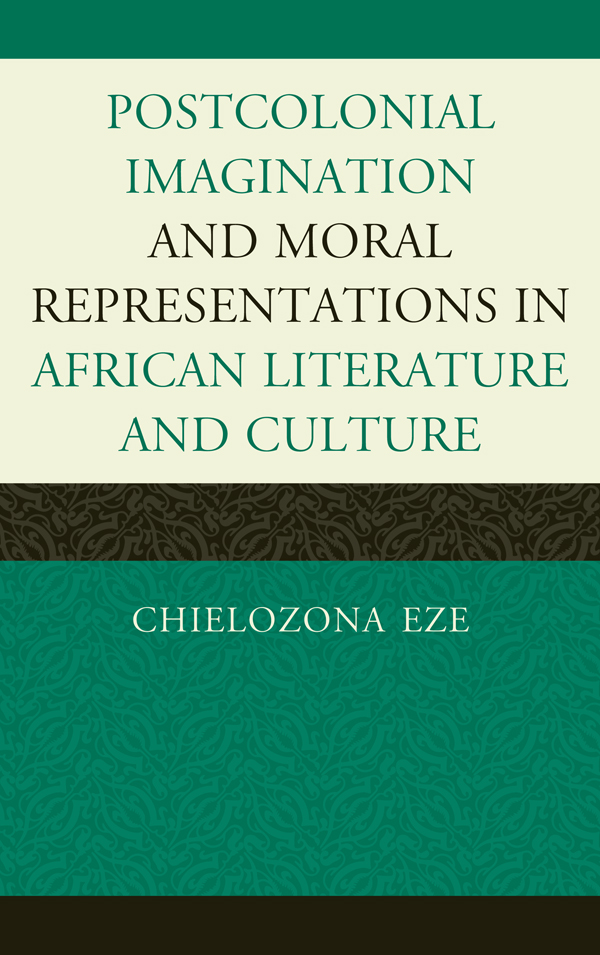
 The paper used in this publication meets the minimum requirements of American National Standard for Information Sciences Permanence of Paper for Printed Library Materials, ANSI/NISO Z39.48-1992.
The paper used in this publication meets the minimum requirements of American National Standard for Information Sciences Permanence of Paper for Printed Library Materials, ANSI/NISO Z39.48-1992.